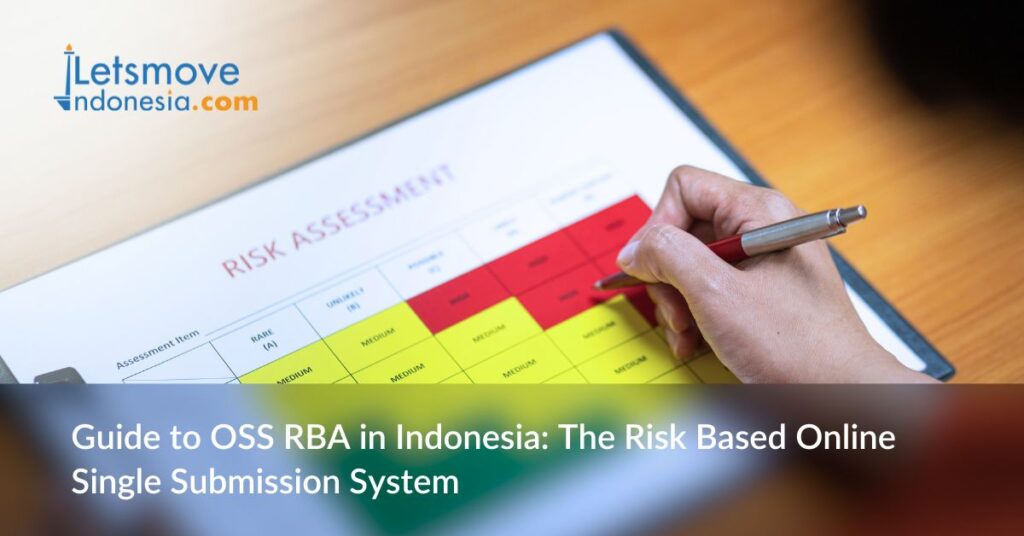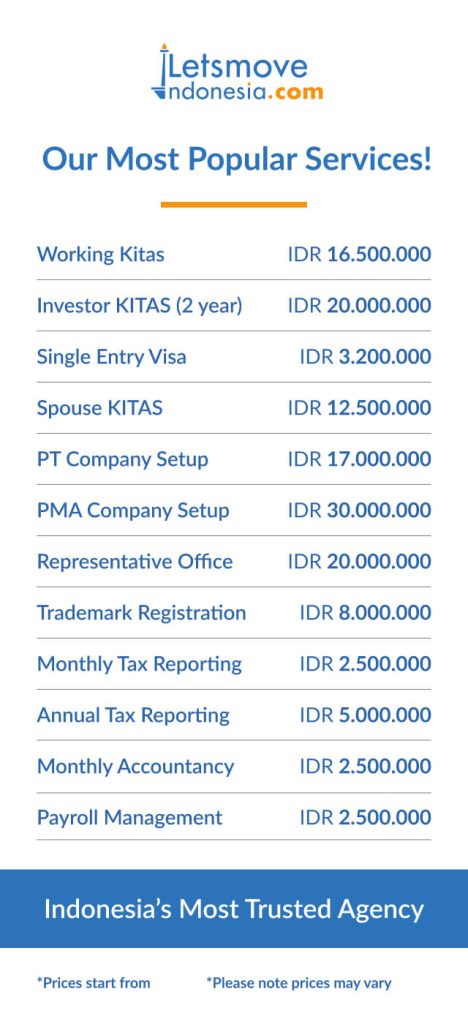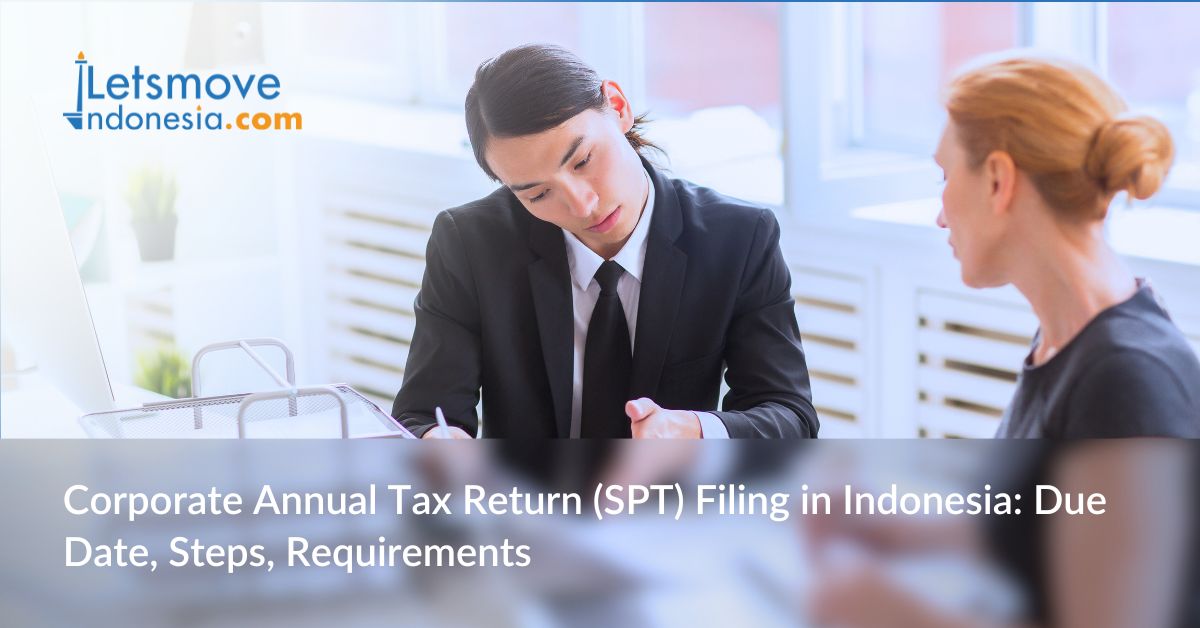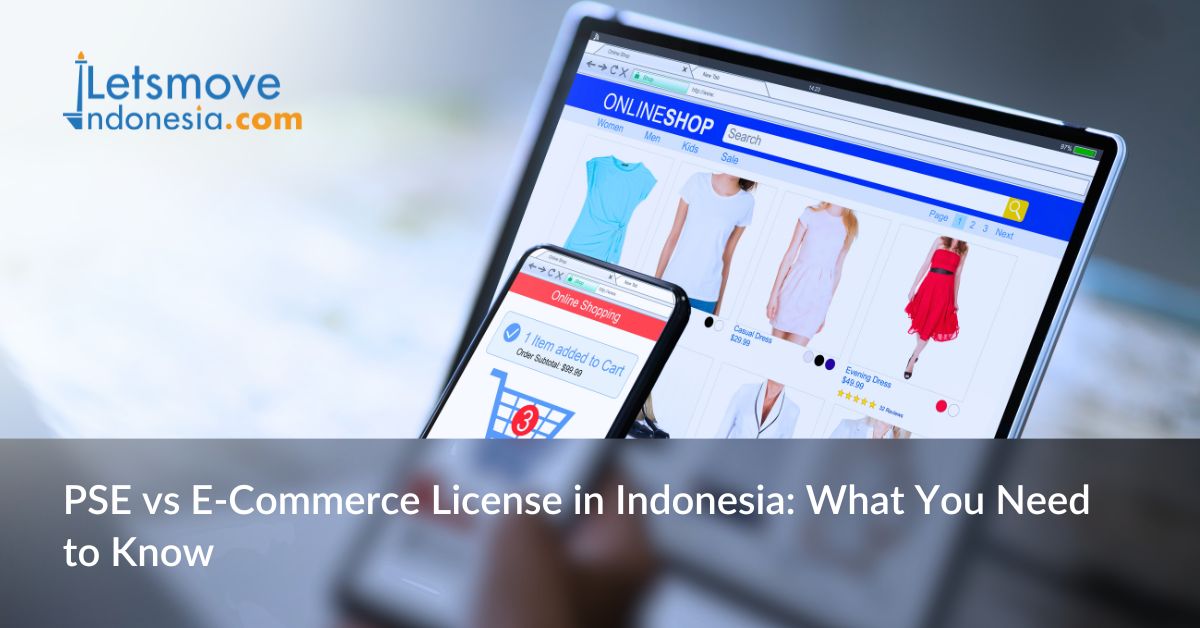In today’s global investment environment, risk-based regulatory systems have become a critical foundation for attracting sustainable capital, improving ease of doing business, and enhancing compliance.
International markets are increasingly adopting risk-proportionate licensing standards that allow low-risk enterprises to operate more efficiently while ensuring stronger oversight for higher-risk sectors.
This modern approach supports innovation, accelerates market entry for startups and foreign investors, and aligns business governance with international best practices. Indonesia’s adoption of the OSS RBA (Online Single Submission – Risk-Based Approach) reflects this global shift, positioning the country in line with advanced economies and strengthening investor confidence through a transparent, scalable, and digitally integrated licensing ecosystem.
This system fundamentally reshaped how PT / PT PMAs in Indonesia obtain business licenses and operate legally.
This guide breaks down the comprehensive understanding about Online Single Submission, how OSS RBA works, who must use it, and how to avoid common mistakes.
Introduction to Online Single Submission in Indonesia
The Online Single Submission (OSS) system is Indonesia’s centralized digital platform for business licensing and registration. Introduced as part of the country’s investment reform agenda, OSS streamlines the process of obtaining permits by integrating multiple government institutions into a single, unified portal.
The implementation of the OSS (Online Single Submission) system in Indonesia is primarily regulated under Government Regulation No. 5 of 2021 on Risk-Based Business Licensing (Peraturan Pemerintah Nomor 5 Tahun 2021 tentang Penyelenggaraan Perizinan Berusaha Berbasis Risiko).
Through OSS, entrepreneurs, both local and foreign, can establish a company, secure a Business Identification Number (NIB – Nomor Induk Berusaha), register tax details, manage company data, and obtain sector-specific permits without navigating multiple agencies manually. This simplifies what was traditionally a complex bureaucratic process, reducing time, cost, and administrative friction for business owners.
What Is OSS RBA? Understanding Indonesia’s Online Single Submission Risk Based Approach
OSS RBA stands for Online Single Submission – Risk-Based Approach, Indonesia’s central licensing platform introduced under Government Regulation No. 5/2021.
It replaced the older OSS 1.1 system with one key objective: simplify licensing by assessing business activities based on their risk level — not a one-size-fits-all framework.
In simple terms:
- Low-risk businesses can start immediately with just an NIB
- Higher-risk activities must secure additional permits and verification
- Licensing is faster, data is integrated, and compliance becomes traceable
- The system applies to all business actors, including individuals, MSMEs, Indonesian companies, and foreign-owned entities (PT PMA).
Risk-Based Categories ( Tingkat Risiko Dalam OSS RBA)
The OSS RBA classifies business activities into four tiers:
| Risk Category | Example Sectors | Required License |
| Low | Digital services, consulting | NIB only |
| Medium-Low | Retail distribution, trading | NIB + Self-Declared Standard Certificate |
| Medium-High | Food production, accommodation services | NIB + Verified Standard Certificate |
| High | Pharmaceutical, mining, energy | NIB + Business License + Full Supervision |
This system reduces bureaucracy for low-risk entrepreneurs, especially digital-first expats building service-based PT PMA structures.
Who Must Register Through OSS RBA?
OSS RBA applies to:
- Indonesian individuals & businesses
- Foreign investors forming PT PMA
- Micro, small, & medium enterprises (UMKM/MSME)
- Representative offices (KPPA)
- Cooperatives & legal entities
If you plan to conduct business, even minimal foreign ownership, OSS RBA is mandatory. Even 1% foreign ownership triggers PT PMA rules.
Why OSS RBA Matters for Foreign Investors
Indonesia is attractive, but highly regulated. Establishing a business here requires legal accuracy from Day 1. OSS RBA ensures:
- Faster licensing approvals
- Clearer requirements based on risk
- Integrated tax & legal systems
- More transparency for compliance monitoring
This matters especially for PT PMA (foreign-owned companies), as incorrect filings or KBLI codes can delay banking, tax registration, and operational permits.
Need to migrate your current OSS to OSS-RBA? Check out the requirements and processes here.
Key Indonesian Terms in OSS RBA
| Term | Meaning | Notes |
| OSS RBA | Sistem Perizinan Berusaha Berbasis Risiko | Main online licensing system |
| NIB | Nomor Induk Berusaha | Business identification number |
| KBLI | Klasifikasi Baku Lapangan Usaha Indonesia | Standard business activity code |
| NPWP | Nomor Pokok Wajib Pajak | Tax ID number |
| LKPM | Laporan Kegiatan Penanaman Modal | Quarterly investment report |
| AMDAL / UKL-UPL | Environmental impact documents | Required for certain high-impact activities |
| WNI (Warga Negara Indonesia) | Indonesian Citizen | Individuals holding Indonesian nationality and legal identification (e.g., NIK – Nomor Induk Kependudukan) who reside in Indonesia or abroad. |
| WNA (Warga Negara Asing) | Foreign Citizen | Non-Indonesian nationals residing temporarily or permanently in Indonesia, including expatriates, investors, or foreign professionals. |
For foreign investors, mastering these terms helps avoid compliance issues and communication gaps with local authorities.
What You Need Before Registering
Preparation is everything. Before entering OSS RBA, ensure you have:
Correct KBLI Codes
Business activities must align with KBLI 2020 codes — the backbone of your licensing.
Wrong KBLI = banking delays, license rejection, or tax mismatch.
Legal Company Structure
- Minimum 2 shareholders
- Minimum 1 Director & 1 Commissioner
- One Director should ideally be Indonesian tax-registered
Valid Address (Virtual Office Allowed in Many Sectors
- Virtual office permitted for most service-based KBLIs
- Physical office required for regulated sectors (manufacturing, education, logistics)
Tax Compliance
OSS integrates directly with DG Tax (KSWP system), meaning tax obligations must be in order.
Environmental Compliance (If Required)
High-impact industries require AMDAL or UKL-UPL.
Step-by-Step OSS RBA Process
Step 1: Register online (NIK for locals / passport for foreigners) through oss.go.id
Step 2: Input business information & investment plan
Step 3: Select KBLI code(s)
Step 4: System issues NIB (Nomor Induk Berusaha)
Step 5: For higher-risk businesses, complete verification requirements
Step 6: Receive additional licenses (if required)
Step 7: Begin operations and fulfill ongoing obligations (e.g., LKPM reporting)
For low-risk PT PMA, business can begin immediately once NIB is issued.
Case Study: The Importance of OSS RBA for Foreign Entrepreneurs
A European entrepreneur launches a marketing agency in Bali under PT PMA.
Risk level: Low → Only NIB required.
Everything runs smoothly; until the founder decides to expand into event production and sponsorship services.
What Happens
- Event production = Medium High-Risk
- Requires Verified Standard Certificate
- OSS RBA flags the update
- Additional submissions + compliance checks
- Delays of 3–5 weeks
Outcome
The business learns that choosing the wrong KBLI initially creates operational delays later.
Lesson
Work with a consultant who can map all future activities into the correct KBLI portfolio from Day 1.
Benefits of OSS RBA for Investors
| Benefit | Impact |
| Faster business activation | Begin operations sooner |
| Integrated verification | Less manual paperwork |
| Better transparency | Clearer compliance path |
| Reduced license bureaucracy | Focus on growth, not admin |
| Global investor confidence | Modern, traceable system |
Common Mistakes to Avoid
| Mistake | Risk |
| Wrong KBLI selection | Bank & license rejections |
| No tax-ready director | NPWP & compliance issues |
| Assuming virtual office works for all | Sector license rejection |
| Not preparing environmental docs | Business license delays |
| Ignoring LKPM reporting | Penalties & business freeze |
Why Work With a Professional Consultancy
Indonesia’s regulatory framework is evolving, and OSS RBA, while efficient, requires experience to navigate correctly.
Professional guidance from LMI Consultancy helps with:
- KBLI & business activity mapping
- PT PMA or KPPA setup
- NPWP & tax registration
- Virtual office sourcing
- Environmental & sectoral permit support
- OSS RBA filings and verification
- Ongoing reporting (LKPM)
The result: a compliant, investor-ready business with zero operational disruption.
Need Help With OSS RBA, PT PMA, or Licensing in Indonesia?
LMI Consultancy provides end-to-end company registration, compliance, and immigration services, trusted by expatriates, founders, and investors across Indonesia.
Connect with our professional consultant now to jumpstart your business investment in Indonesia.











